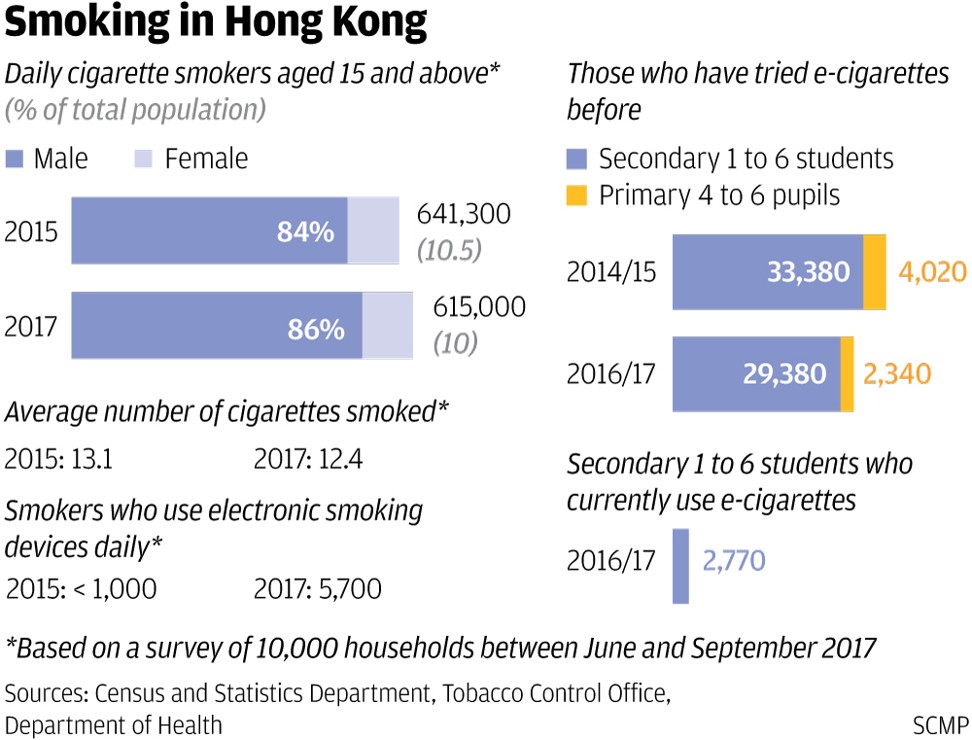
Letters | Hong Kong vaping ban is based on sound reasoning: but it could go further
- E-cigarette use is not conclusively associated with helping tobacco smokers to quit
- If the likelihood of giving rise to a black market is a reason to allow the sale of certain products, what about drugs or endangered animals?
I also have doubts about Ms Wu’s line of reasoning which goes: if a ban leads to a flourishing black market, it should not be imposed at all. There are plenty of banned items in many societies for which a black market flourishes, including but not limited to heroin, endangered animals and human organs. Should the trade in all these be legalised? If not, do the laws on these items, to use Ms Wu’s own words, “just encourage people to buy from the black market”?
I concur with Ms Wu that this ban may appear weak as traditional cigarettes are not being further restricted at the same time. Nevertheless, it is too simplistic to claim that the ban lacks legitimate justification.
Decisions to ban one thing and to allow another depend on many factors. In this case, e-cigarettes are a new product, whereas traditional cigarettes have existed since the mid-19th century. Many older people in Hong Kong have already developed a pathological dependence on them. Telling these people to quit this month or the next is simply inhumane.
What the government should have done together with this ban is outlined the future further actions it plans to take against tobacco use, so that people are prepared that – one day down the road – tobacco use will be completely banned.
Francisco T.T. Lai, PhD candidate in Public Health, CUHK


